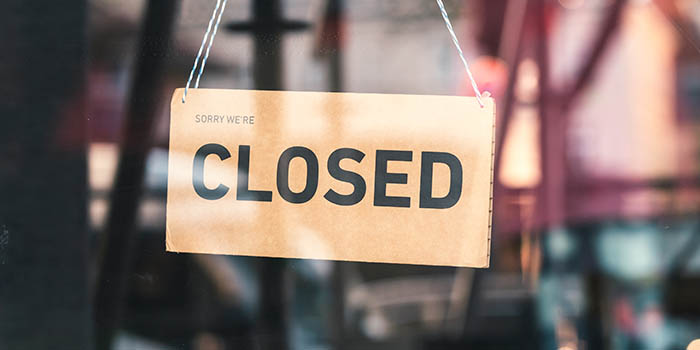Fact-checked by Angel Hristov
GambleAware Study Warns Safer Gambling Ads May Backfire
According to the charity, the messaging on some of the ads could mislead consumers into underestimating the risks associated with gambling

UK gambling charity GambleAware has released new evidence that shows how some of the nation’s most recent “safer gambling” advertisements could have the opposite effect, making people more likely to engage with betting companies. The study, conducted by Thinks Insight & Strategy, based its findings on a detailed analysis of several safer gambling campaigns produced by major operators.
Most Ads Were Ineffective
According to GambleAware, findings reveal that messages designed to encourage responsible gambling could inadvertently reassure the viewer that the activity is safe, creating an illusion of security. In one example, 45% of people who viewed an operator’s campaign video said the ad made gambling seem like harmless fun.
The exact contents of these ads do matter. A video developed by GambleAware to reduce stigma around gambling harm was the only campaign that delivered positive results, reducing gambling intentions among participants. Elliot Ludvig, Professor in the Psychology Department at the University of Warwick, who contributed to the study, drew attention to the urgent need for evidence-led standards in safer gambling content.
The study suggests that some safer gambling videos from gambling operators have a backfire effect, encouraging gambling and having the opposite effect to their intended purpose of helping people control how much they gamble.
Elliot Ludvig, Professor in the Psychology Department at the University of Warwick
GambleAware, which is set to wind down operations within the next few months as the government takes on the duty of safeguarding individuals from gambling harm, has called for regulators to increase their scrutiny of how operators communicate their safer gambling messages. The charity argued that without updated, stricter regulations, campaigns risk undermining overall efforts to lower harm.
The Study Suggested Several New Strategies
While GambleAware criticized safe gambling ads by operators, the charity offered some advice on how to improve such videos. According to the study, messages that highlighted the negative consequences of problem gambling were more effective than general reminders to “play responsibly.” Campaigns that included advice, such as restricting one’s play or using self-exclusion tools, were also perceived as helpful when paired with warnings on risks.
Other successful strategies include scenarios with personal experiences and a supportive tone. Participants in the study noted that they felt safe gambling messaging should encourage users to seek help and overcome stigma. Visual and emotional storytelling were also highly rated strategies thanks to their broader appeal and relatability.
The gambling industry cannot be left to ‘mark its own homework’ on such an important issue. We need stronger legislation on gambling marketing and advertising.
Alexia Clifford, GambleAware chief communications officer
GambleAware’s report concluded that advertising remains instrumental in shaping public perception of gambling. However, the charity warned that poorly or maliciously designed messages can do more harm than good. It is up to the UK regulator to ensure that operators do not abuse the system and prioritize player wellbeing by accurately depicting the societal harms associated with gambling.
Deyan is an experienced writer, analyst, and seeker of forbidden lore. He has approximate knowledge about many things, which he is always willing to apply when researching and preparing his articles. With a degree in Copy-editing and Proofreading, Deyan is able to ensure that his work writing for Gambling News is always up to scratch.

















